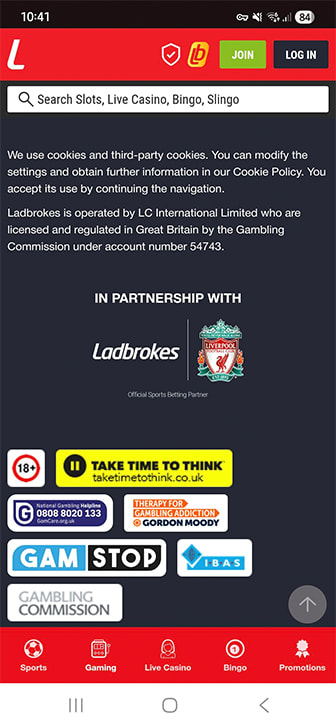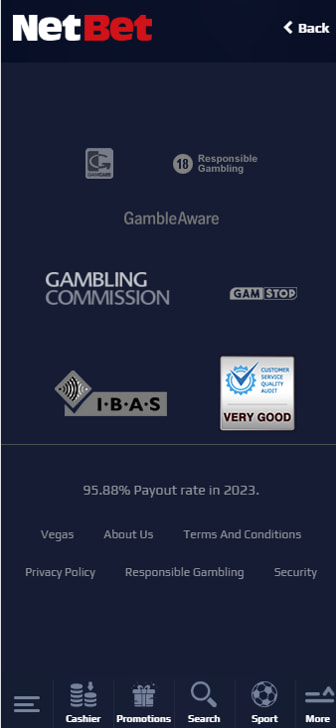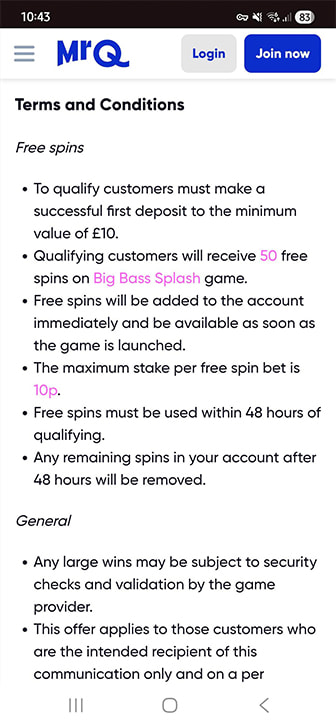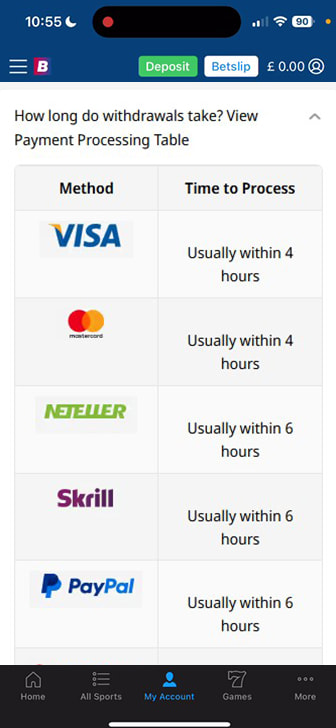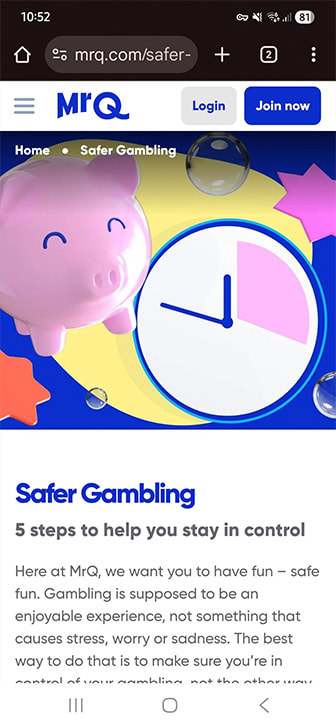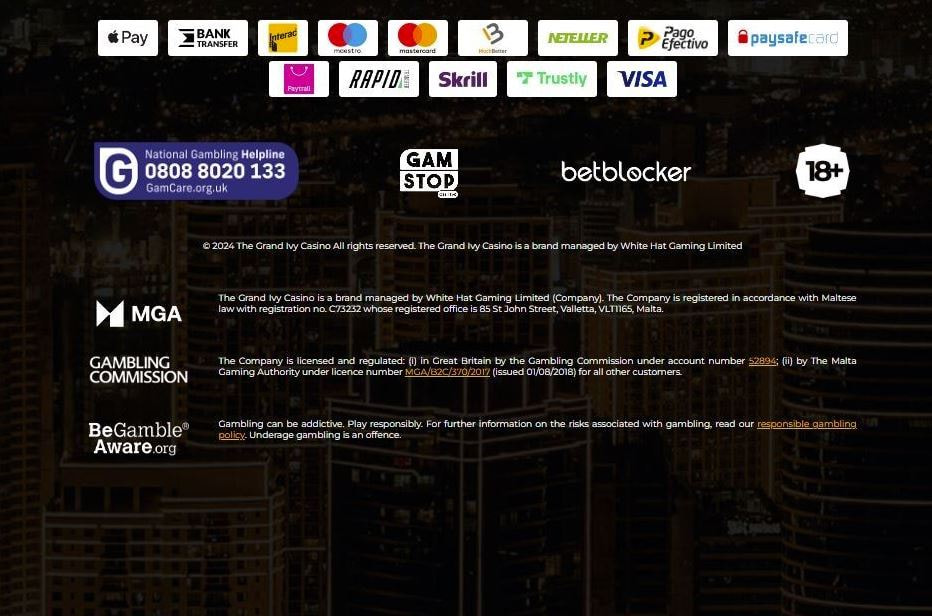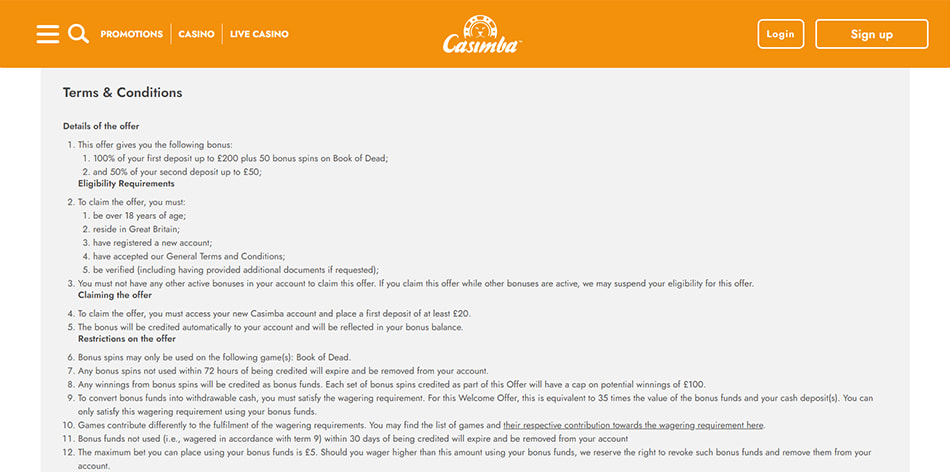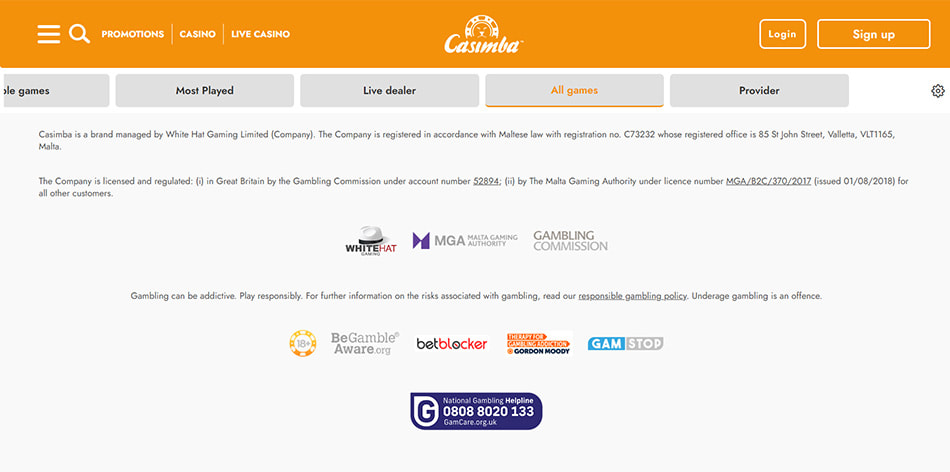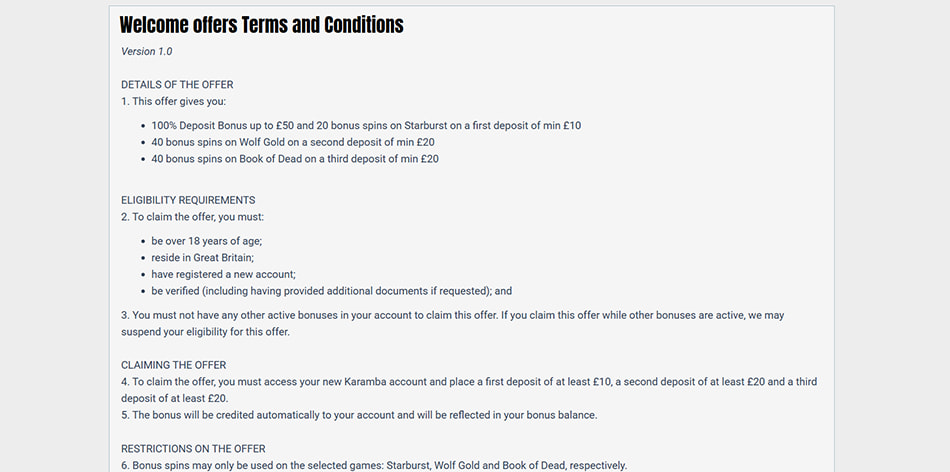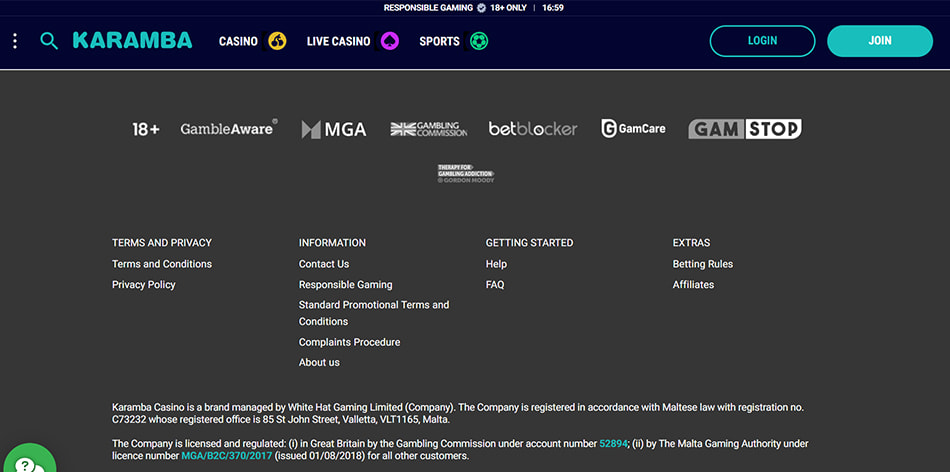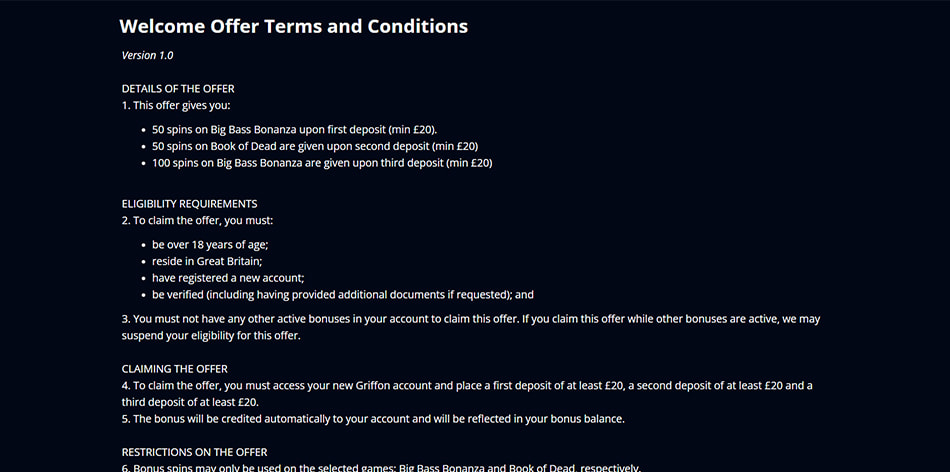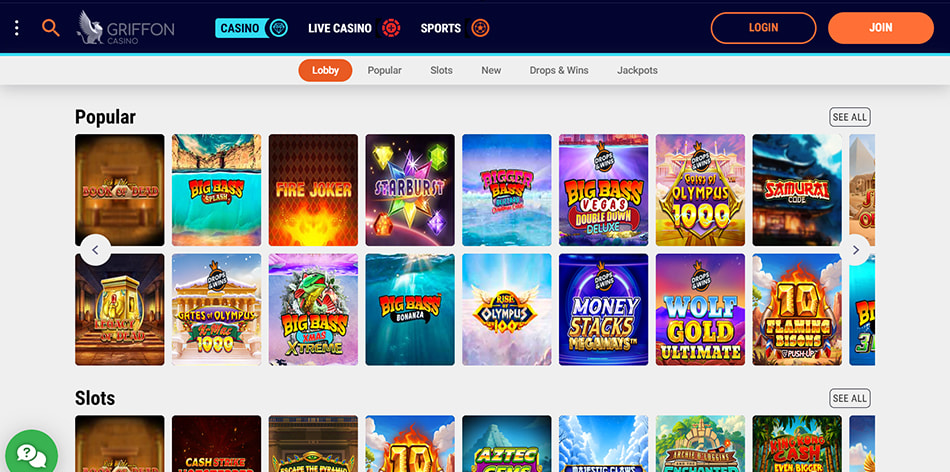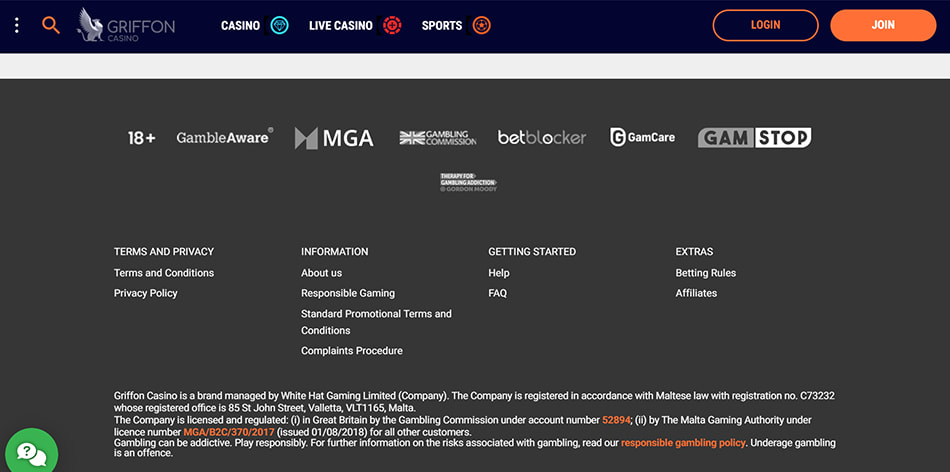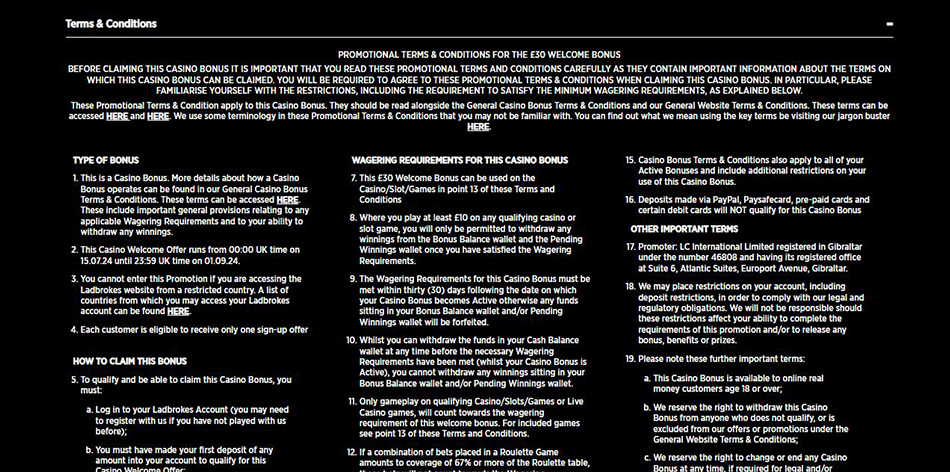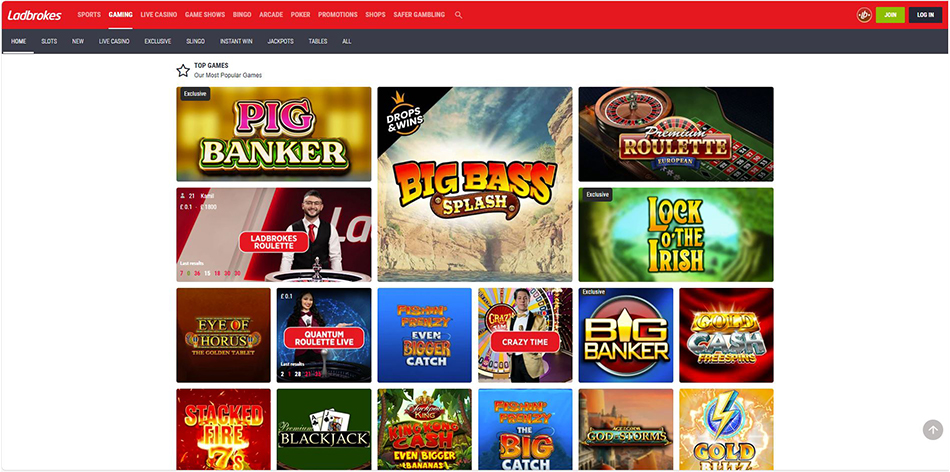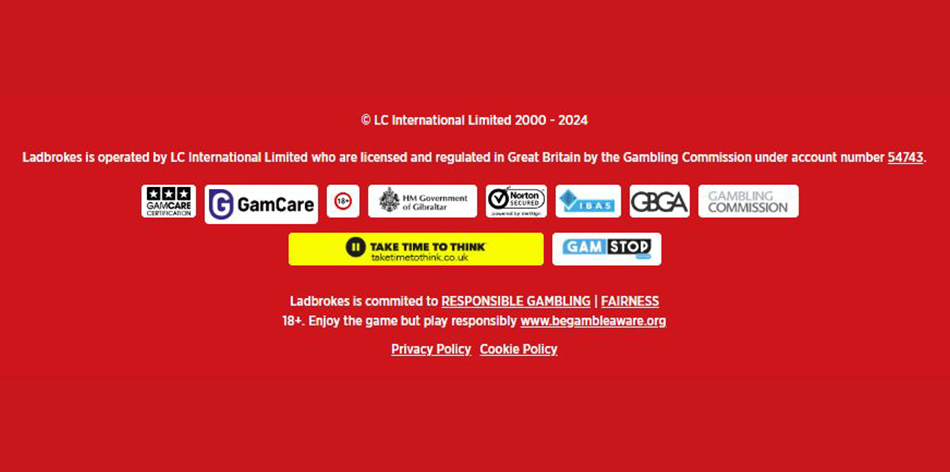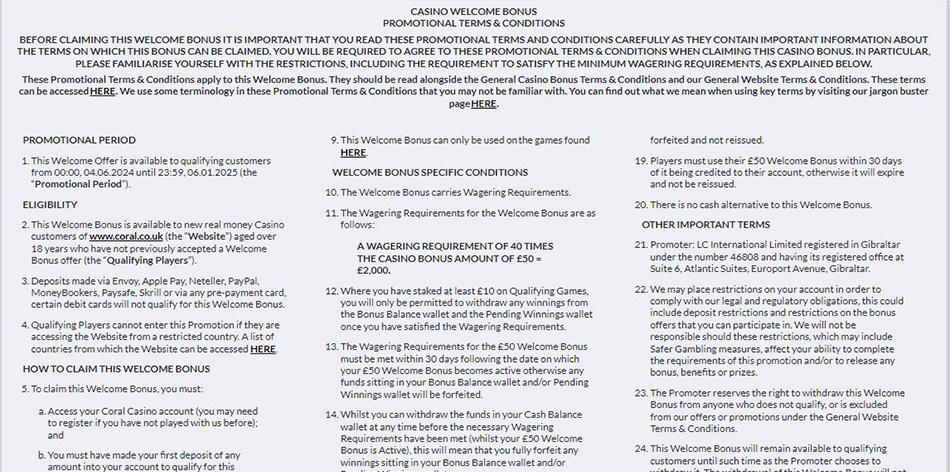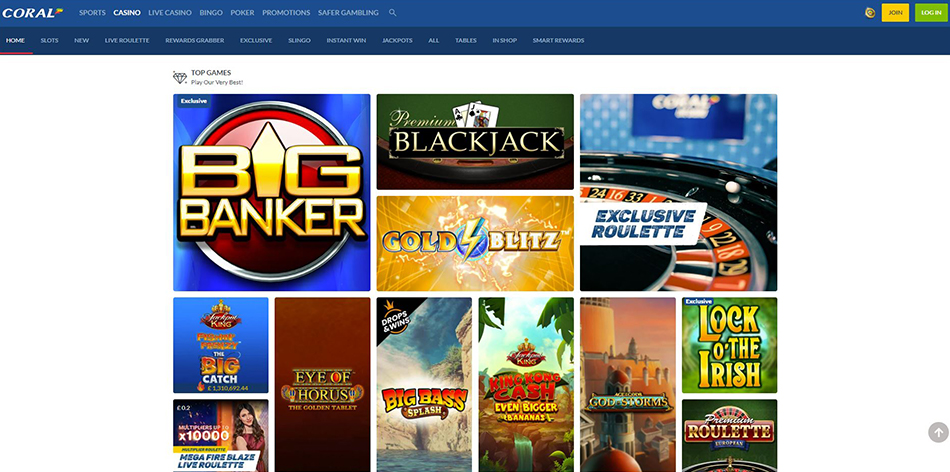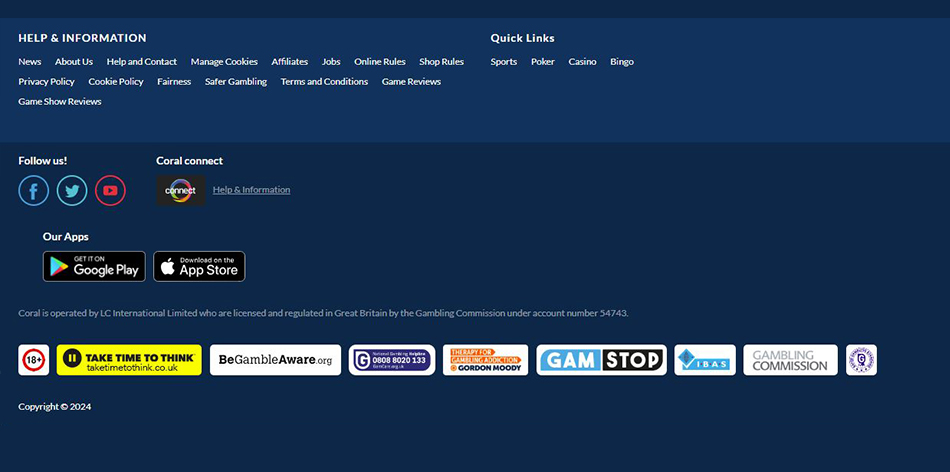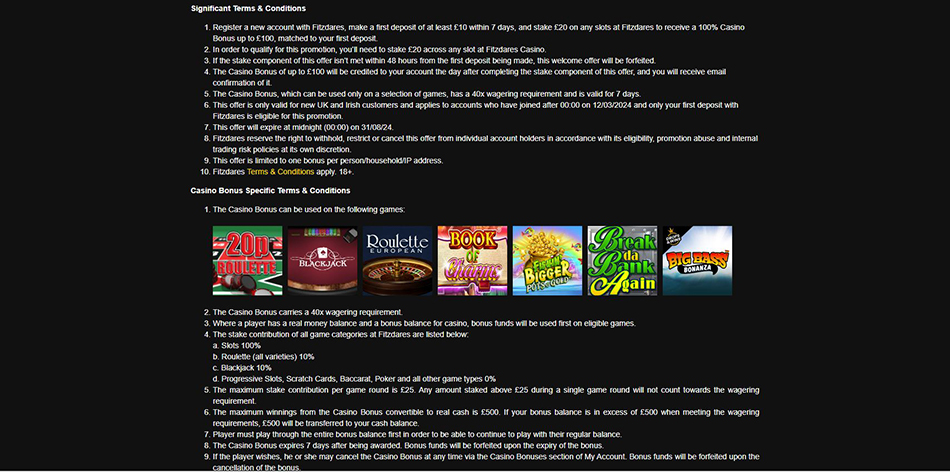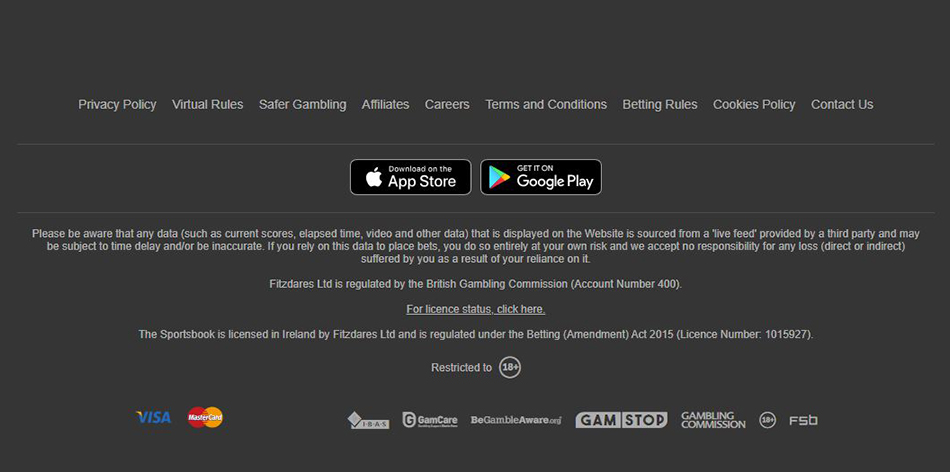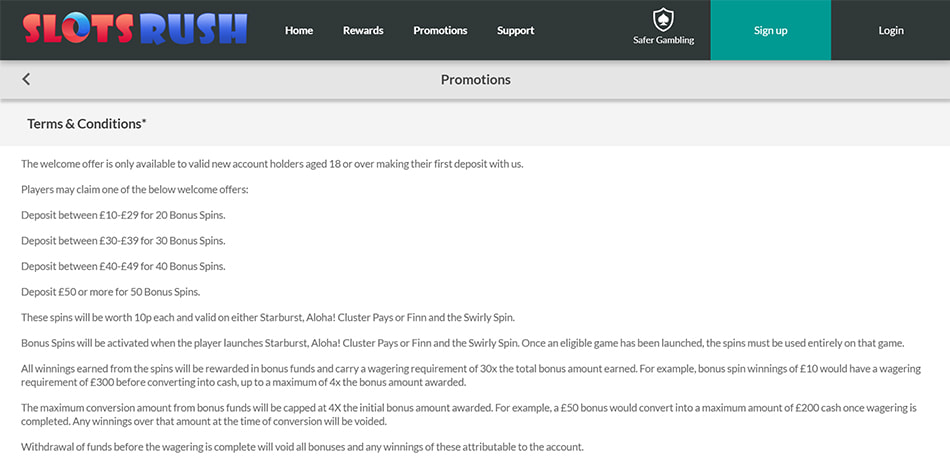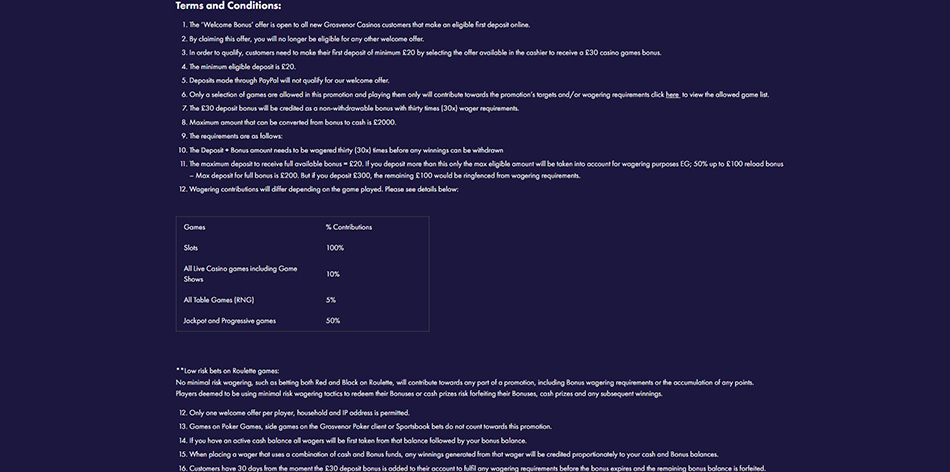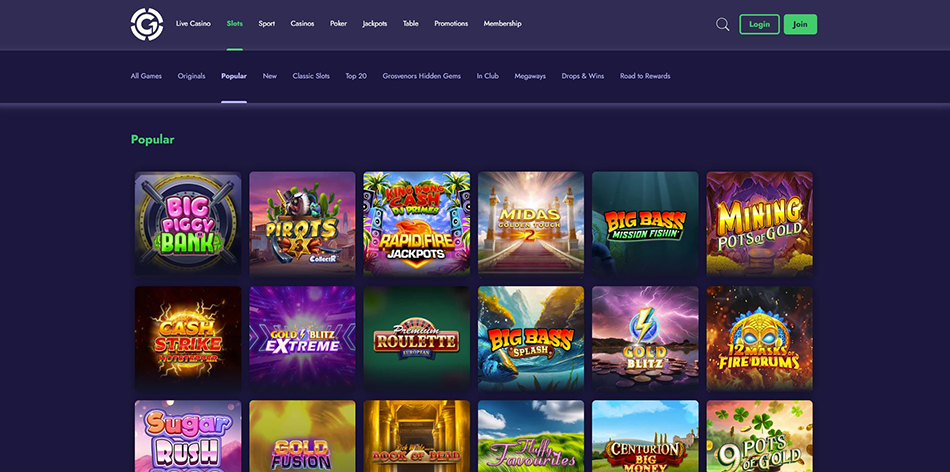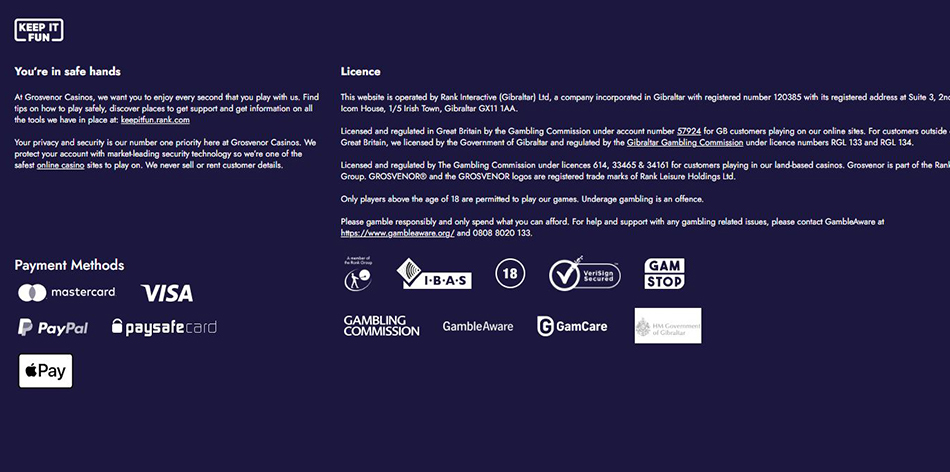| 1 |
Duelz |
5.0/5 |
Up to 140 Free Spins When You Deposit £25 |
Trustly, PayByMobile, Bank Transfer, Visa, Mastercard, PaysafeCard, Skrill, Neteller, PayPal
Play’n GO, NetEnt, Evolution, Pragmatic Play, Games Global, SG Scientific Games, Big Time Gaming, Blueprint Gaming, Red Tiger, Relax Gaming, Push Gaming, ELK Studios, Gamomat, Quickspin, Yggdrasil |
96.00% |
1 - 4 Days |
2600+ |
Claim Your Bonus! |
Read Review |
Full T&Cs apply. 18+. New players. Min deposit £25. Up to 140 Free Spins (20/day for 7 consecutive days on selected games). Manually claimed daily or expire at midnight with no rollover. Free spin value £0.10. Max winnings £100/day as bonus funds with 10x wagering requirement to be completed within 7 days. Game restrictions apply. Play Responsibly! GambleAware. |
| 2 |
The Grand Ivy |
4.9/5 |
100% up to £300 + 25 Bonus Spins |
Visa, Mastercard, Bank Transfer, Skrill, Neteller, PaysafeCard
Pragmatic Play, Play'n GO, Red Tiger, Blueprint Gaming, Inspired, Wazdan, Relax Gaming, Scientific Games, Hacksaw Gaming, NetEnt, Microgaming, ELK Studios, NoLimit City, Evolution, Thunderkick, Merkur Gaming, IGT, Greentube, Iron Dog Studio, 1x2gaming, Spinomenal, Slingo, Synot, Just for the win, Lightning Box, Big Time Gaming, Switch, Leander, Gamevy, PG Soft, Spin Play Games, Net Gaming, All41 Studios, DWG, Eyecon, Realistic, Gold Coin Studios, Stakelogic, Push Gaming, Golden Rock Studios, Crazy Tooth Studio, Gameburger Studios, Spearhead Studios, Playzido, Triple Edge Studios, Northern Lights, Fantasma Games, Snowborn Games, Gaming Corps, Reelplay, RAW iGaming, Chance Interactive, Alchemy Studio, Kalamba Games, Stormcraft Studios, On Air, Slingshot Studios, Prospect Gaming, Foxium, Endemol, Tom Horn Games, Authentic Gaming, Felt Gaming, Reel Time Gaming, Rabcat, Area Vegas, 4ThePlayer, Infinity Dragon Studios, Neon Valley Studios, Neko Games, S games, Nailed It Games, Pulse 8, Live 5 Gaming, Core Gaming, Pear Fiction Gaming, Fortune Factory, High Limit Studios, Oros, Four Leaf Gaming, Aurum Signature Studios, Red Rake Gaming, WMS, Buck Stakes Entertainment, Lucksome Studios, Revolver Gaming, Blue Guru Games, Wishbone Games, Armadillo Studios, Red7, Blue Ring Studios, Swintt, Spinmatic, Barcrest, Gacha Studios, Max Win, Old Skool Studios, Crucible Gaming, Ad Lunam, Hammertime Games, Lady Luck Games, Silverback, AGS, Gong Gaming Technologies, Storm Gaming, Spribe, Shuffle Master, Side City, Coin Machine Gaming, Rogue, Electric Elephant, Half Pixel Studios |
95.17% |
1 - 5 days |
2823 |
Claim Your Bonus! |
Read Review |
Full T&Cs Apply. 18+. New players only. One bonus offer per player. Minimum deposit £20. Max bonus bet is £5. Bonus spins on selected games only and must be used within 72 hours. Bonus funds must be used within 30 days otherwise any unused bonus shall be removed. Bonus funds are 100% match up to £300 on your 1st deposit. Bonus funds are separate to Cash funds, and are subject to 35x wagering the total bonus & cash. Only bonus funds contribute towards any wagering requirements. Terms apply. GambleAware.org. |
| 3 |
Casimba |
4.8/5 |
100% up to £200 + 50 Free Spins |
Visa, Mastercard, Skrill, PaysafeCard, Neteller, Bank Transfer, Neosurf
Play’n GO, NetEnt, Evolution, Microgaming, Pragmatic Play, SG Scientific Games, Big Time Gaming, Blueprint Gaming, Red Tiger, Relax Gaming, Push Gaming, ELK Studios, Inspired Gaming, IGT, Hacksaw Gaming, Greentube, Eyecon, Octoplay, Realistic, Wazdan, Skywind Group, Stakelogic, SpinPlay Games, Synot, JustForTheWin, 1x2Gaming, Iron Dog Studio, Thunderkick, Reel Time Gaming, Fantasma Games, 4ThePlayer, AGS, Red Rake, Northern Lights Gaming, Snowborn Games, NoLimit City, Foxium, Lightning Box, Barcrest, Reel Play, Gameburger Studios, Spinomenal, Slingo, RAW iGaming, Felt Gaming, Rabcat, Neko Games, Fortune Factory, Wishbone Games, Red7, Spribe, Storm Gaming, Gong Gaming Technologies, All For One Studios, Tom Horn Gaming, Leander, Gaming Corps, Design Works Gaming, Area Vegas, Aurum Signature Studios, Buck Stakes Entertainment, Crazy Tooth Studio, Blue Guru Games, Blue Ring Studios, Alchemy Studio, Armadillo Studios, Authentic Gaming, Chance Interactive, Coin Machine Gaming, Core Gaming, Pear Fiction Gaming, Crucible Gaming, Ad Lunam, Hammertime Games, Lady Luck Games, Rogue, Electric Elephant, Half Pixel Studios High Limit Studios, Oros, Four Leaf Gaming, Slingshot Studios, Prospect Gaming, Endemol, Gold Coin Studios, Golden Rock Studios, Swintt, Spinmatic, Gacha Studios, Old Skool Studios, Spearhead Studios, Playzido, Triple Edge Studios, Neon Valley Studios, S games, Nailed It Games, Pulse 8, Live 5 Gaming, Max Win, Merkur Gaming, Lucksome Studios, Revolver Gaming, Kalamba Games, Stormcraft Studios, Switch, Gamevy, Infinity Dragon Studios, Side City, Net Gaming |
96.50% |
0 - 3 days |
3100+ |
Claim Your Bonus! |
Read Review |
Full T&Cs Apply. 18+. New players only. Min deposit £20. Max bonus bet £5. Bonus spins on selected game only and must be used within 72hrs. Winnings from Bonus spins credited as bonus funds and capped at £100. Bonus funds expire within 30 days. Offer is 100% bonus match up to £200 + 50 Bonus spins on your 1st deposit, and 50% bonus match up to £50 on your 2nd deposit. Bonus funds are separate to cash funds & subject to wagering requirement (35x deposit + bonus). Only bonus funds contribute towards wagering requirement. Affordability checks apply. Terms apply. Please gamble responsibly. GambleAware.org |
| 4 |
Karamba |
4.8/5 |
100% up to £250 + 250 Free Spins |
Visa, Mastercard, Bank Transfer, Trustly, PayPal, AstroPay, MuchBetter, Skrill, PaysafeCard
Pragmatic Play, NetEnt, Evolution, Play'n GO, iSoftBet, Ainsworth, Blueprint Gaming, Wizard Games, QuickSpin, Bally Wulff, Authentic Gaming, Red Rake, Red Tiger, Games Global, Skywind, StakeLogic, Playson, Eyecon, Gaming Realms, SYNOT Games, Ruby Play, Indigo Magic, 1x2gaming, Hacksaw Gaming, G Games, Spinomenal, Eyecon, Bluberi, Yggdrasil, Greentube, Atomic Slot Lab, NextGen, Scientific Games, SpinBerry, Booming Games, Betixon, Realistic Games |
96.00% |
1 - 6 days |
2600+ |
Claim Your Bonus! |
Read Review |
Full T&Cs Apply. 18+. New players only. Offer is valid on 1st deposit of min £10. 100% bonus match up to £250 plus 250 bonus spins on Big Bass Splash. Bonus funds + spin winnings are separate to cash funds and subject to 35x wagering requirement (bonus + deposit). Only bonus funds count towards wagering contribution. Winnings from Bonus Spins credited as Bonus funds and capped at £100. Bonus funds must be used within 30 days, spins within 24 hours. Max bonus bet £5. Affordability checks apply. Full T&Cs apply. Play responsibly, GambleAware.org. |
| 5 |
Griffon Casino |
4.7/5 |
Get up to 200 Free Spins |
Visa, Mastercard, Neteller, Skrill, Payz, AstroPay
Evolution Gaming, Blueprint Gaming, Eyecon, iSoftBet, NextGen Gaming, Play'n GO, Pragmatic Play, Red Rake, Red Tiger, Scientific Games, Skywind Group |
96.00% |
1 - 6 days |
2700+ |
Claim Your Bonus! |
Read Review |
Full T&Cs Apply. 18+. Welcome bonus: new UK depositing players only. 200 spins require 3 deposits of min. £20 each and are issued as follows: 50 on 1st deposit, 50 on 2nd deposit and 100 on 3rd deposit. Spins are issued on selected games. Winnings from spins are bonus with wagering requirements 35x. Spins expire after 24 hours. Bonus expires after 21 days. |
| 6 |
Ladbrokes |
4.7/5 |
Bet £10 Get £30 |
Apple Pay, Google Pay, Visa, Mastercard, Maestro, PayPal, PaysafeCard
Pragmatic Play, Play'n GO, Blueprint Gaming, Red Tiger, Playtech, Inspired Gaming, NetEnt, Light & Wonder, Yggdrasil, ELK Studios, IGT, Quickspin, iSoftBet, Hacksaw Gaming, Gaming Realms, Greentube, Eyecon, Octoplay, Realistic, Reel Kingdom, Rarestone Gaming, Relax Gaming, Wazdan, Wizard Games, Booming Games, Push Gaming, Skywind Group, Stakelogic, SpinPlay Games, Synot, JustForTheWin, Amatic Industries, Evolution, All For One Studios, 1x2Gaming, Iron Dog Studio, AGS, Spinberry, Thunderkick, Design Works Gaming, Ash Gaming, Reel Time Gaming, Fantasma Games, 4ThePlayer, Playson, Slot Factory, G.Games, Red Rake, Big Time Gaming, Northern Lights Gaming, Snowborn Games, NoLimit City, Foxium, Lightning Box, Barcrest, Reel Play, Gameburger Studios, NextGen |
96.11% |
1 - 5 days |
4300+ |
Claim Your Bonus! |
Read Review |
Full T&Cs Apply. 18+. New Casino players only. Deposit required. Bet £10+ on qualifying games. 40x wager reqs (bonus only) on selected games. Accept Bonus within 14 days. Bonus valid for 30 days. Certain deposit types excluded. Player restrictions and T&Cs apply. |
| 7 |
Coral |
4.6/5 |
Bet £10 Get £50 |
Apple Pay, Google Pay, Visa, Mastercard, Maestro, PayPal, PaysafeCard
Pragmatic Play, Play'n GO, Blueprint Gaming, Red Tiger, Playtech, Inspired Gaming, NetEnt, Light & Wonder, Yggdrasil, ELK Studios, IGT, Quickspin, iSoftBet, Hacksaw Gaming, Gaming Realms, Greentube, Eyecon, Octoplay, Realistic, Reel Kingdom, Rarestone Gaming, Relax Gaming, Wazdan, Wizard Games, Booming Games, Push Gaming, Skywind Group, Stakelogic, SpinPlay Games, Synot, JustForTheWin, Amatic Industries, Evolution, All For One Studios, 1x2Gaming, Iron Dog Studio, AGS, Spinberry, Thunderkick, Design Works Gaming, Ash Gaming, Reel Time Gaming, Fantasma Games, 4ThePlayer, Playson, Slot Factory, G.Games, Red Rake, Big Time Gaming, Northern Lights Gaming, Snowborn Games, NoLimit City, Foxium, Lightning Box, Barcrest, Reel Play, Gameburger Studios, NextGen |
96.27% |
1 - 4 days |
4000+ |
Claim Your Bonus! |
Read Review |
Full T&Cs Apply. 18+. New Casino players only. Deposit req (certain types excluded). Bet £10+ on qualifying games to get a £50 Bonus (selected games, 40x wag req, accept within 14 days, valid for 30 days). |
| 8 |
Fitzdares |
4.6/5 |
100% up to £100 |
Visa, Mastercard, Maestro, Apple Pay, Bank Transfer
NetEnt, Blueprint Gaming, Microgaming, Evolution Gaming, Pragmatic Play, Realistic, Just For The Win, Inspired, Link2 Win, Skywind Group, Light & Wonder |
96.00% |
0 - 5 days |
2760+ |
Claim Your Bonus! |
Read Review |
Full T&Cs apply. New customers only aged 18+. Minimum deposit £10. Get a Casino Bonus matched to your first deposit, up to £100, after you stake £20 on slots, credited within 48 hours. Bonus expires in 7 days and has a 40x wagering requirement. Additional T&Cs apply. Please bet responsibly. |
| 9 |
Slotsrush |
4.5/5 |
Up to 50 Free Spins On 1st Deposit |
Visa, Mastercard, PayPal, MuchBetter, Bank Transfer, PayByMobile
NetEnt, 1x2Gaming, Alchemy Studio, All41 Studios, Area Vegas, Aurum Signature Studios, Buck Stakes Entertainment, Crazy Tooth Studio, Eyecon, Northern Lights Gaming, Snowborn Games, Foxium, Gameburger Studios, Pragmatic Play, Realistic, Just For The Win, Inspired, SpinPlay Games, Net Gaming, Gold Coin Studios, Hammertime Games, Infinity Dragon Studios, Neon Valley Studios, Neko Games, Nailed It Games, Iron Dog Studio, Live 5 Gaming, Pear Fiction Gaming, Play'n GO, Red Tiger, Prospect Gaming, RAW iGaming, Triple Edge Studios, Slingshot Studios, Switch, Wishbone Games, NYX |
96.37% |
1 - 7 days |
690+ |
Claim Your Bonus! |
Read Review |
T&C's apply. 18+. New customers only. First deposit only. 100% Bonus Match up to £100. Min deposit £10. Bonus can be used on Pragmatic Play slots only. Credited within 7 days. 40x wagering, £100 max conversion. Max one claim per player. |
| 10 |
Grosvenor |
4.5/5 |
Deposit £20, Play with £40 |
Visa, Mastercard, PayPal, PaysafeCard
NetEnt, Pragmatic Play, Play’n GO, NYX, IGT, WMS, Novomatic, Barcrest, Realistic |
97.15% |
1 - 3 days |
3185+ |
Claim Your Bonus! |
Read Review |
Full T&Cs Apply. 18+. New players only. Min Deposit £20, excl. PayPal & Paysafe. £20 bonus (x10 wager) on selected games. Max win £2K. T&Cs apply. GambleAware.org Play Responsibly. |




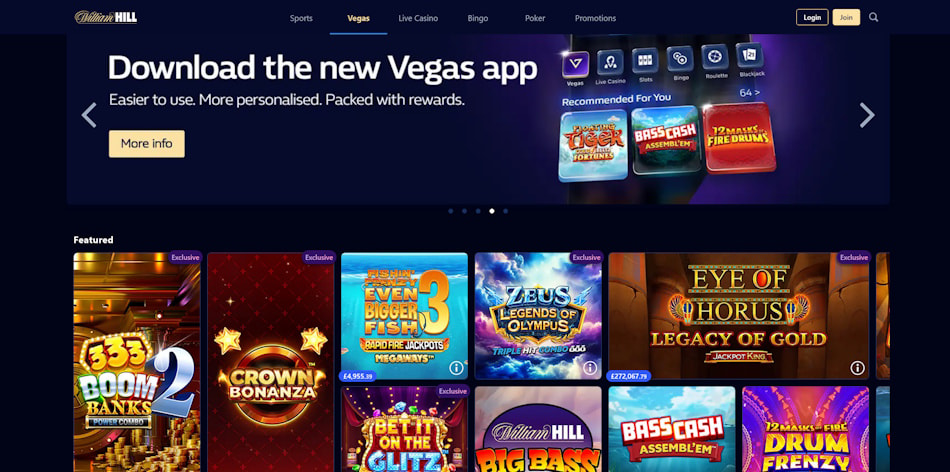



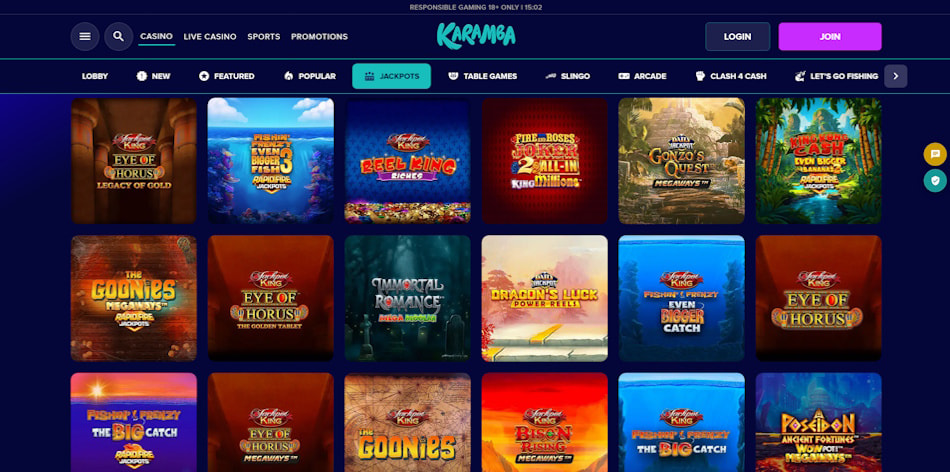




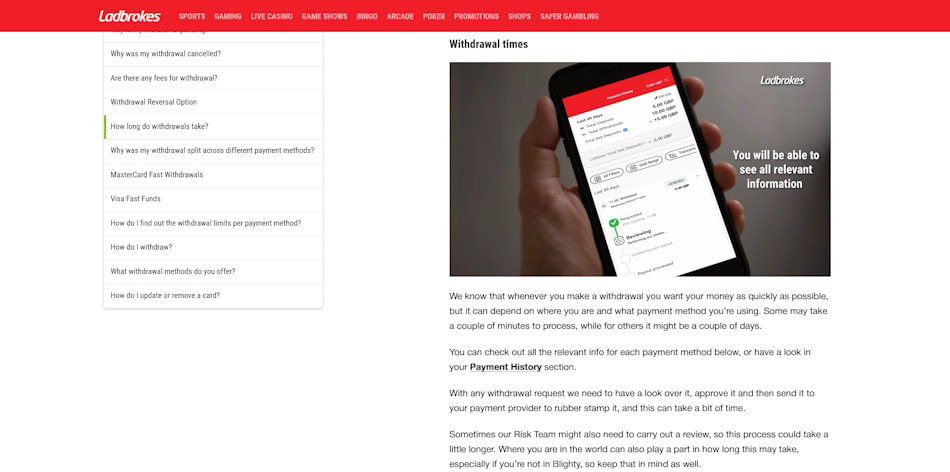
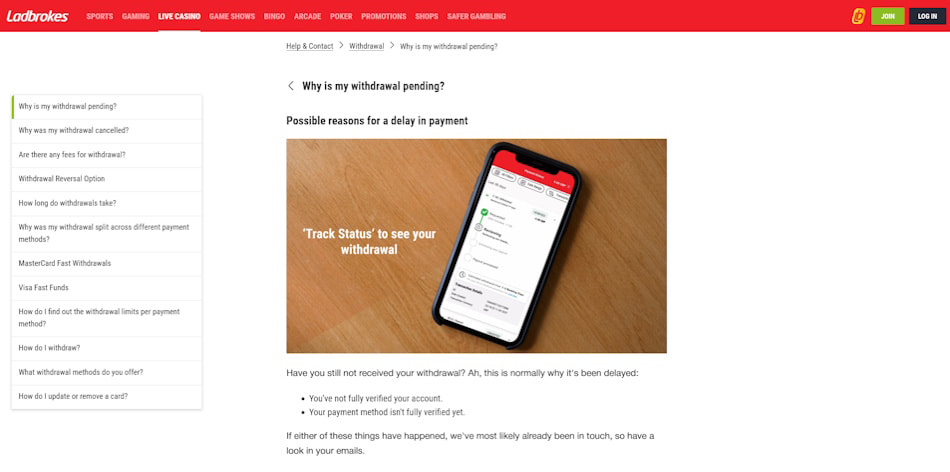

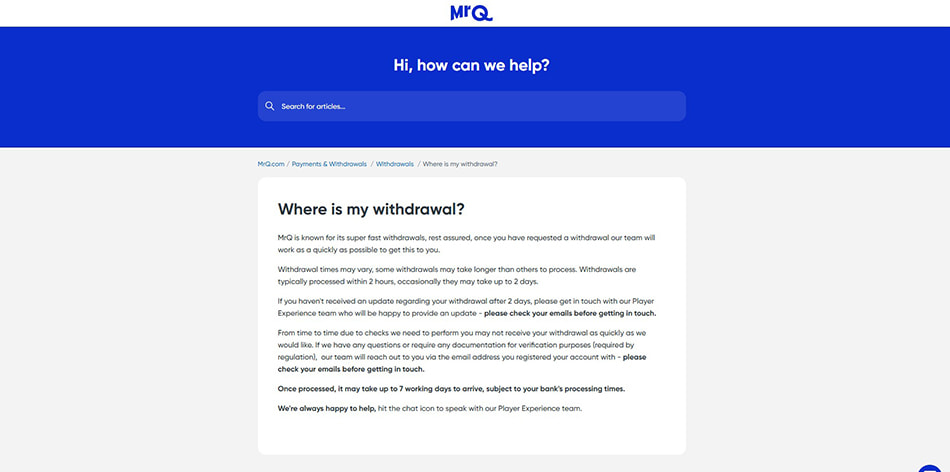


 MrQ free spins has no wagering requirements, so you keep what you win.
MrQ free spins has no wagering requirements, so you keep what you win.